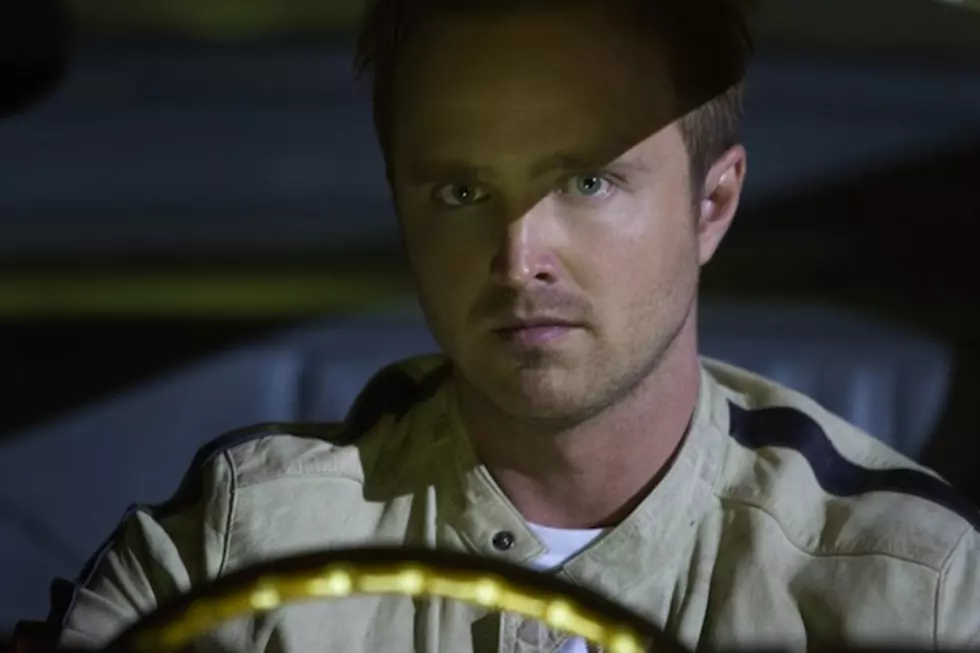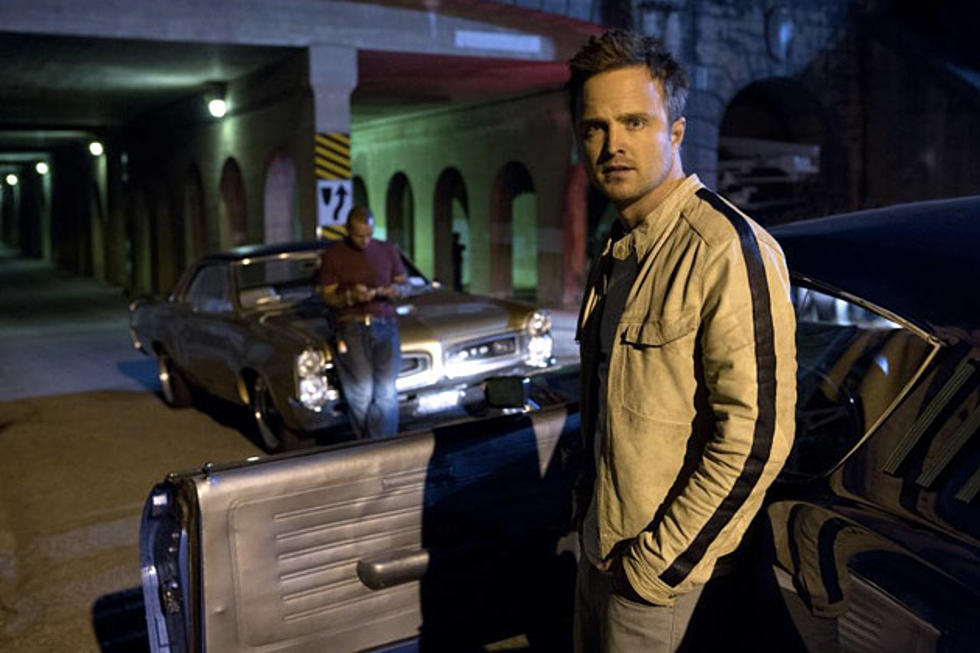
Game Over: Why Is It So Hard to Make a Video Game Movie?
Video game movies suck.
As anyone who has actually played them could tell you, games can be just as moving, thoughtful and exciting as any other medium. So why have books and comics successfully made the leap into cinema while games remain so stunted?
Let's journey back to 1995 and take a good look at director Paul W.S. Anderson's 'Mortal Kombat,' which many people still consider to be one of the best video game movies ever made, which is faint praise. By traditional standards, 'Mortal Kombat' is fairly dire and incomprehensible junk that can't find a consistent tone to save its life. But, by video game movie standards, it's agreeable enough.
Anderson has always been open about being a big an of the original game and wanting to do it justice and to his credit, the finished film does feel a lot like its arcade counterpart. Various characters, each defined by their costumes and catchphrases, meet in an alternate dimension to fight to the death in a mystical tournament. It's silly and broad, but you can't expect too much more from a game whose story is told in one paragraph chunks before you insert your quarters and start button mashing. In his own weird way, Anderson was paying tribute to the game that he loved so much by making a moronic movie.
And, that takes us to the first reason why video game movies are so hard to make: many games are pure games of skill and not even the craziest aesthetics can make it worthy of the bigs screen treatment. The same applies to the 'Street Fighter' and 'Double Dragon' movies, which took experiences that were all about real-time decision making and reflexes and slapped movies together because they were known brands. These games don't even pretend to have stories and their appeal is never derived from storytelling, so doing a remotely faithful version adaptation of them just means you get a lousy movie.
Other times, games with great cinematic potential fail because their method of storytelling just doesn't gel outside of the gaming medium. Take 'Silent Hill,' the 2006 adaptation of the long-running "survival horror" series of the same name. Although the series' twisted and complicated stories are definitely a little silly, the presentation of the games are as cinematic as you get. The player must wander through a smoky husk of a town, dodging and fighting nightmarish monsters. Weapons are scarce, so the game demands that you flee when you can and save your precious bullets. The real horror, the real meat, of the Silent Hill games take place between the story-driven cutscenes. When you're making decisions in the moment, you are the author of the drama that is unfolding.
On screen, it's not so effective. With player choice removed from the equation, 'Silent Hill' (and its truly deplorable sequel 'Silent Hill: Revelation') function like standard horror movies, albeit standard horror movies with fantastic creature design. Once you have been removed from making decisions, from interacting with this world, the standard tropes take over. Even if you were engaging in typical horror movie behavior while playing the game, at least you were making the choice to do so. Similar feeling can be applied to 'Doom.' Despite being based on a game with little concrete story, the player is able to craft his own drama and build his own narrative, even if it's just in his head. Nothing the lackluster movie does can top your own imagination.
And yet all of these examples feel like outsider cases. Let's get real. The real reason the vast majority of video game movies stink is that the writers, directors and producers involved don't want to take the time and energy to figure out how to transform the inherent joys of a particular game into an agreeable and cinematic form. All they care about is getting a movie in theaters that shares a title with a popular game.
How else do you explain the 'Tomb Raider' films, which ditch the games' Indiana Jones-style adventuring for loud and obnoxious action? How do you explain 'Hitman,' which originated as a creepy and unsettling stealth game and became a silly shoot 'em up? Heck, how do you even explain the career of Uwe Boll? The most egregious offender of this whole bunch may be 'Max Payne,' which completely ditched the game's noir-tinted, black-hearted storytelling so it could become the stupidest and most generic action movie of 2008.
Few filmmakers seem to understand how to make video game storytelling compelling in a different format and those that would knock it out of the park aren't getting hired.
But, that could change soon. The artists and directors who play games, who grew up with them and can rattle off the Konami code at a moment's notice, are now directing movies. Soon, a new generation will usurp the old one. The people who didn't get video games will move on and the people who can do them justice will become the biggest names in Hollywood. It took Hollywood decades to start getting superhero movies right and look where those are now. The video game movie revolution will begin soon and it will be carried out by the same people who have been so disappointed by the past twenty years of game adaptations.
Which video game film will finally break the mold? Duncan Jones' 'Warcraft'? The 'Assassin's Creed' movie with Michael Fassbender? The long-gestating adaptation of 'Mass Effect'? Video games have never been better than they are today. It's only appropriate that the movie versions start to acknowledge that.
More From ScreenCrush









